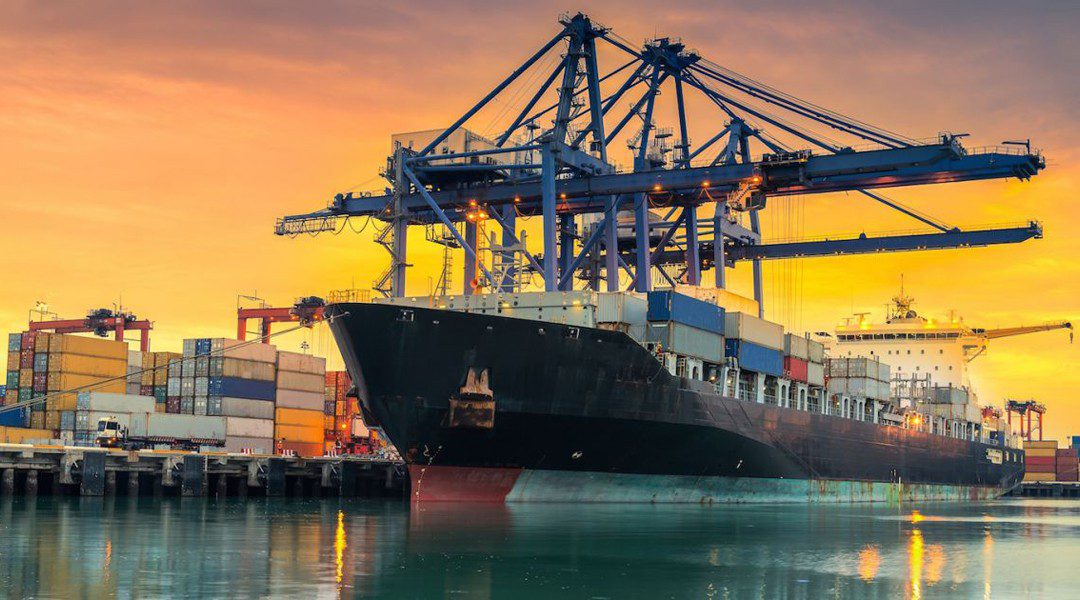Syria has received its first wheat shipment since the fall of former President Bashar al-Assad.
The cargo ship docked at the Port of Latakia on Sunday, April 20, 2025, carrying 6,600 tonnes of wheat, according to a statement by the Syrian General Authority for Land and Sea Borders.
This shipment is a turning point for the country, now led by interim President Admed al-Sharaa.
While the government did not disclose the ship’s origin, a regional commodity trader told Reuters that it came from Russia.
The Syrian border authority called the delivery “a clear indication of the start of a new phase of economic recovery,” expressing hope that more essential imports would soon follow.
Traders said that Syria has mostly depended on overland wheat imports from neighbouring countries throughout the year.
The arrival of the ship is a shift back to maritime imports, which had ceased after Russia and Iran, once Syria’s primary suppliers under Assad’s rule, stopped support following the regime’s collapse.
The fall of Assad, who had ruled for nearly 25 years under the Baath Party, brought an end to decades of one-party dominance in Syria.
After fleeing to Moscow, the former president left behind a nation battered by war, sanctions, and a fragile economy.
In response, a transitional administration was established in January, which dissolved the existing constitution, security apparatus, parliament, and ruling party.
Since then, the interim government has been focusing on rebuilding trade relations and ensuring a steady supply of food and fuel.
In March, it issued tenders to procure 200,000 tonnes of wheat, the largest effort of its kind since Assad’s departure.
Though wheat and other basic goods are technically not restricted under current US and UN sanctions, many global suppliers remain hesitant due to challenges in securing financial transactions.
This has complicated Syria’s ability to trade on the international market.
Despite these hurdles, international support has begun to appear. Ukraine, under its humanitarian “Grain from Ukraine” initiative in coordination with the World Food Program, shipped 500 tonnes of flour to Syria, aiming to aid the nation during its recovery period.
Turkiye is also stepping up to help. Erhan Gunhan Ulusoy, head of the Turkish Flour Industrialists’ Federation, stated in February that Turkiye is expected to export more than 400,000 tonnes of flour to Syria in 2025.
Syria is also reopening to air travel. After international airlines suspended flights in 2012 due to the civil war, the Syrian Civil Aviation Authority announced in January 2024 that Damascus International Airport would once again receive international flights.
Following this announcement, flights resumed, including a Syrian passenger flight to the United Arab Emirates, reestablishing a key air route.
Speaking from Damascus, Abdallah Al Dardari, the UNDP’s regional chief for Arab states, discussed the importance of beginning economic reconstruction without waiting for the removal of Western sanctions.
He urged Syria to focus on practical projects that directly benefit citizens, such as restoring education services and improving public infrastructure, to build momentum and attract future funding.
“People need to feel the improvement quickly,” said Al Dardari. “With a clear vision and well-defined priorities, once the sanctions are lifted, funding will flow into Syria.”
Reference: Aljazeera, Reuters
Do you have info to share with us ? Suggest a correction






